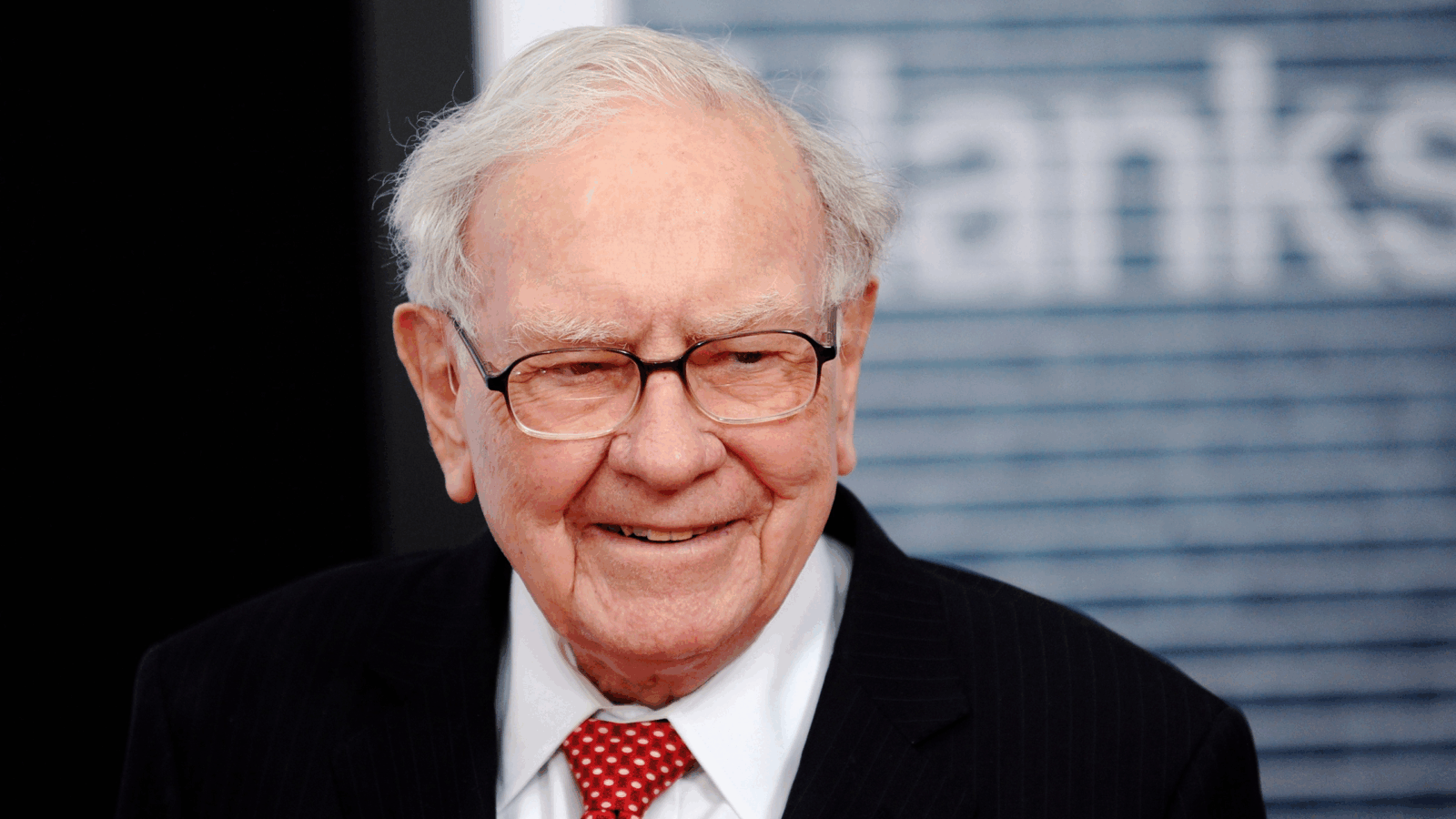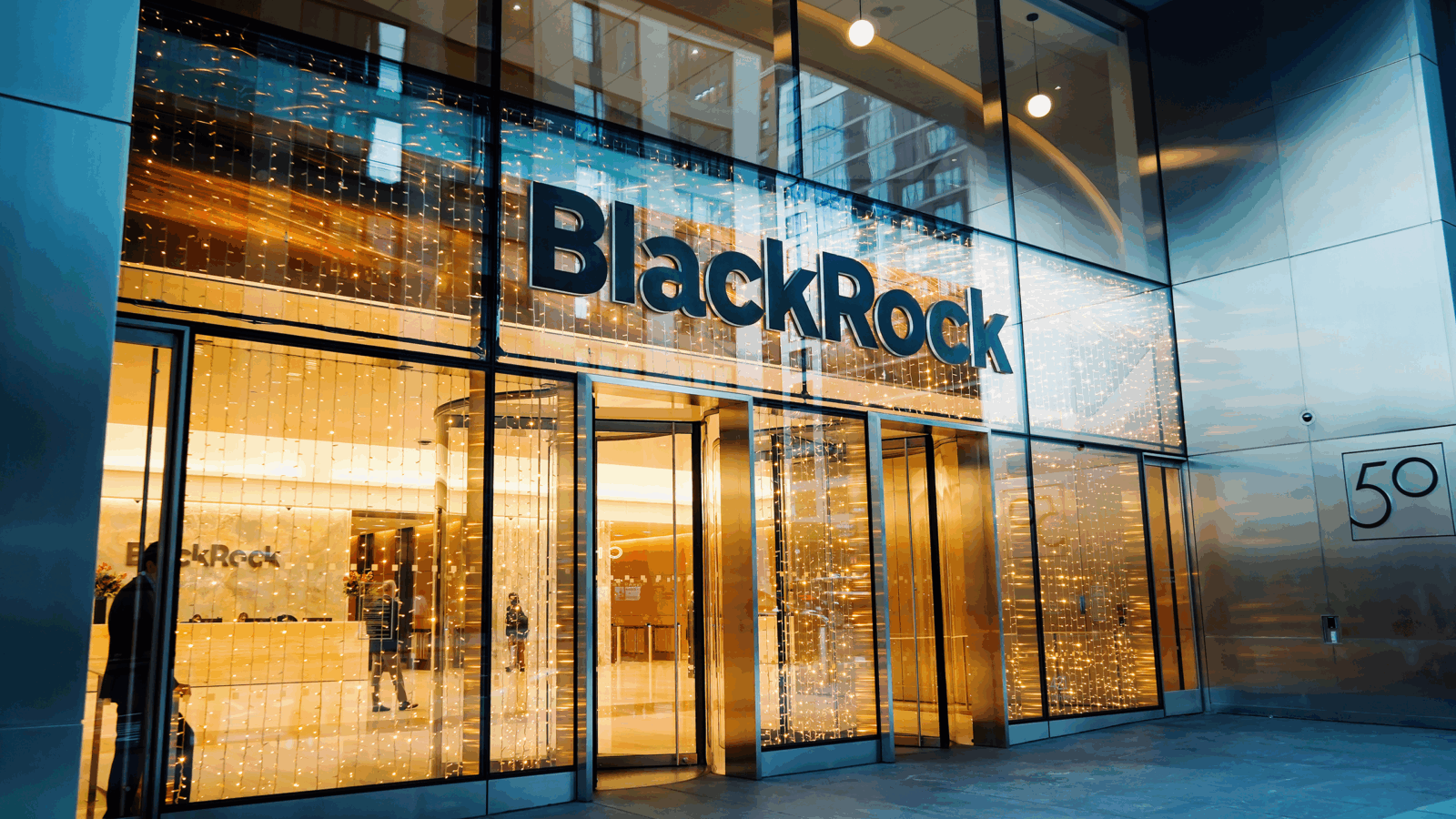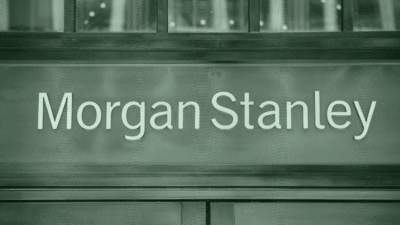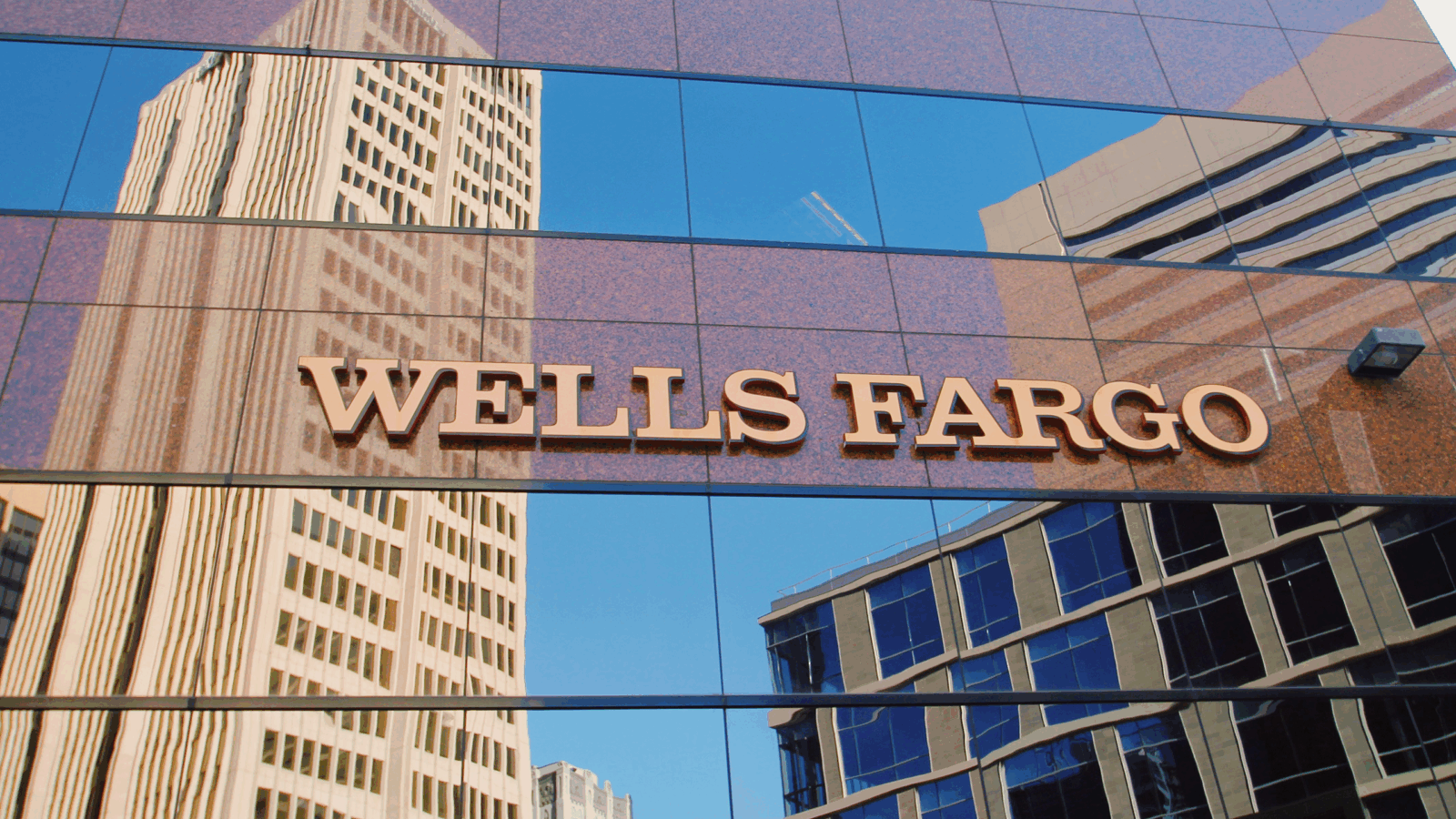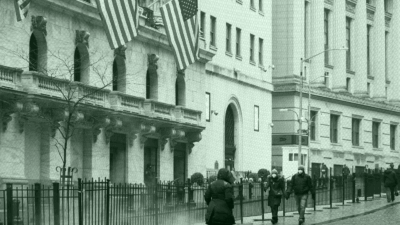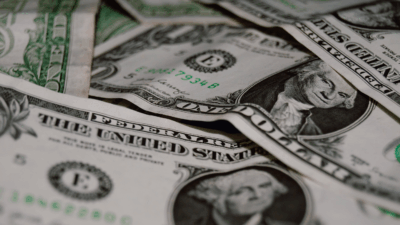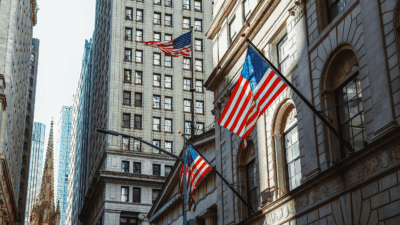
Sign up for smart news, insights, and analysis on the biggest financial stories of the day.
America’s biggest manager of household wealth is promising clients stakes in white-hot private startups with the potential for returns that make publicly traded stock gains look like winnings at a church Bingo night.
But there is one catch: They want $20 million in assets upfront to get in the game.
Niche Pitch to the Rich
With listed stocks indexes at all-time highs and bond yields not yielding much of anything, there’s a scarcity of bargains on markets these days. So some investors have become keen on getting in early on private startups with the potential to become the next Tesla.
Beginning next year, Morgan Stanley will let people do just that (well, people with $20 million in assets), offering them an a-la-carte buffet of select shares from top startups, according to senior executives who spoke to The Wall Street Journal. Here’s the world they’ll get access to:
- Tech startups take an average of 12 years to go public these days (triple the time it took in 1999), giving Morgan Stanley a heap of privately held companies it could offer up to everyday traders.
- According to McKinsey and Co, privately held shares have grown twice as fast in value as the value of listed companies since 2002.
Ready, Set, Sell (Emphasis on Set): There’s a handful of small exchanges for private shares, like EquityZen and Forge Global, but many startups don’t participate because trading can interfere with the valuation they secure through fundraising rounds. Morgan Stanley plans to circumvent that by allowing firms to set the price of the shares it will then sell to its super-rich clients.
Past Performance: This isn’t Morgan Stanley’s first try at giving its wealthiest customers a leg up on private shares, but not all previous efforts have gone well. A blind investment pool for the bank’s clients offered Uber shares at $48 in 2016 — they’re currently worth $45. Damn that surge pricing.
